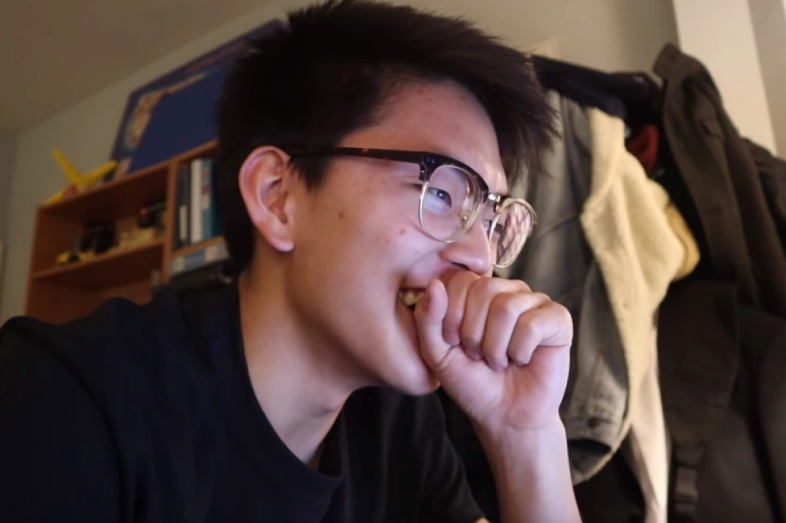This guide from the National Association for College Admission Counseling shares dozens of definitions of complicated college admissions terms
Research and Data Sources
Until the 1950s, most colleges didn’t have an admissions office to speak of. There were no admissions deans, no viewbooks and no campus tours.
Despite a small but vocal group of critics arguing against expanding college access, most Americans are convinced of higher education’s advantages
There are many barriers to college access. Read more!
College enrollment reached an all-time high in 2008. But there are still significant enrollment disparities across race and income
